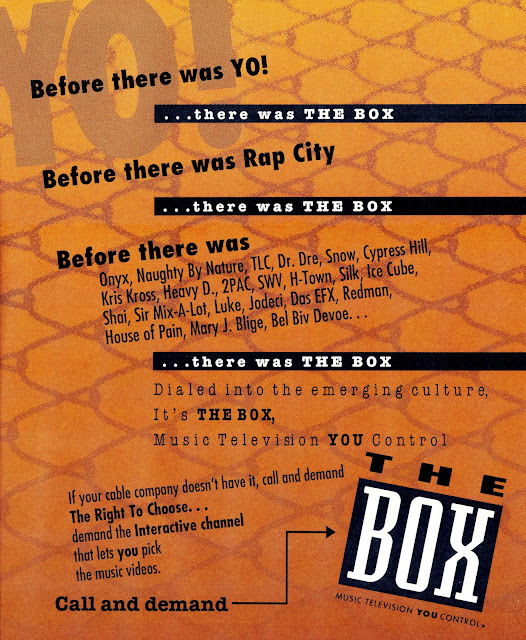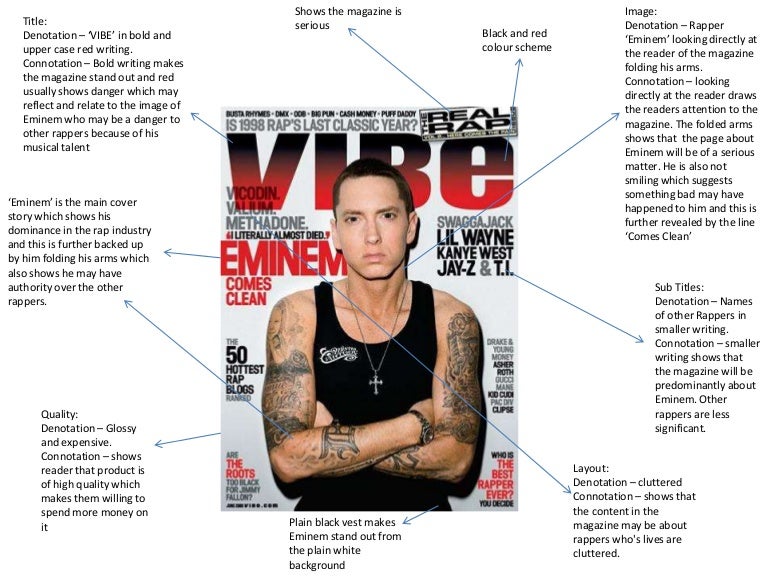


Many have compared the hip-hop generation to the rock generation of nearly three decades ago. While Vibe is the first so-called hip-hop magazine linked to a major publishing company, it is hardly the first periodical to try to tap in to this market of free-spending, predominantly black youngsters who have adopted rap not just as a musical choice, but as a way of life. If it's a flop, the first issue will also be its last. If this issue is a hit - selling at least 100,000 of the 200,000 issues printed - the magazine will begin publishing monthly next spring. It has attracted some big advertisers like Nike and Levi Strauss, who are eager to reach 18- to 24-year-old opinion leaders. founded Vibe, a publication whose "test" issue hits news stands this week. That's why Jones - with financial backing from Time Warner Inc. "Rappers need a home for themselves," said Jones. By that he means rap stars like LL Cool J and YoYo, who have taken the hip-hop lifestyle of the streets and made it an integral part of the music and fashion of suburban America. "Rolling Stone makes second-class citizens out of the people in this business who are icons," said Jones. But the world's best-known record producer - the man behind Michael Jackson's Thriller album - says that he's getting into the magazine business because he's fed up with rock music magazines like Rolling Stone that virtually ignore rap. Quincy Jones made his name producing music - not magazines.


 0 kommentar(er)
0 kommentar(er)
